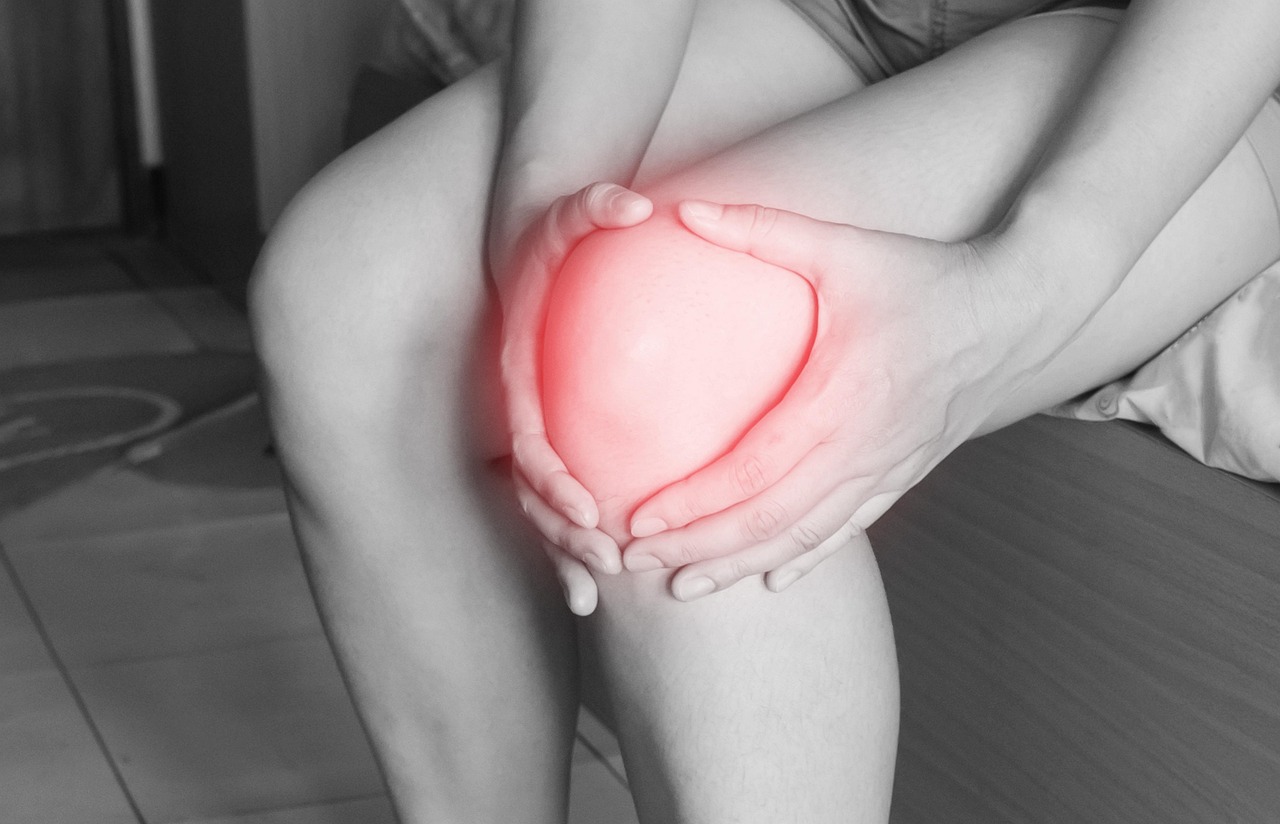Many of you have no doubt heard of or received a corticosteroid injection at some point in your lives. There has been some recent press about the efficacy and long-term risks of cortisone injections. Here is some up to date information on corticosteroid injections, however it is always best to discuss your case with your osteopath, GP or specialist to determine what is best for you and your condition.
What is a corticosteroid injection?
- A corticosteroid is an anti-inflammatory medicine that can be injected and used to reduce inflammation, pain and swelling.
- A corticosteroid injection can help target specific areas in the body such as joints or tendons and may be used in the management of conditions such as osteoarthritis, shoulder injuries, carpal tunnel, and plantar fasciitis.
- The steroid is injected, often alongside a local anaesthetic to the impacted area, in order to decrease inflammation and pain in the joint or tendons.
- Other names for corticosteroid injections include: cortisone, steroid injections, hydrocortisone, cortisone shots.
What should I expect if I have a corticosteroid injection?
- Relief from corticosteroid injections typically lasts between 2-10 weeks, with most people receiving about 5-6 weeks of relief.
- Corticosteroid injections are often administered by a sports medicine doctor, or by a technician at a radiology clinic.
- There are two main methods of performing the injection- with ultrasound guidance or based on your clinician assessing anatomical landmarks. For most conditions, there is not much of a difference seen in the outcomes of these techniques.
What do I do after having a corticosteroid injection?
- If you are considering having a steroid injection, it is important to rest and avoid strenuous activity following the procedure.
- Corticosteroids can cause temporary weakness of tendons for up to 3 weeks after the injection, so it is important not to put any additional strain on the area due to risk of muscle or tendon tear/ rupture.
- As a local anaesthetic is often injected into the area, it is important to make sure you are resting even though you may not be in pain. Overexerting yourself early on due to reduction in pain can increase risk of further injury.
What are the risks of corticosteroids?
- 1 in 5 people who received corticosteroid injections, report a post injection flare
- Other side effects that also may occur include:
- Local side effects: joint arthropathy, tendon weakening, bleeding or bruising, local infection, skin depigmentation, fat atrophy.
- Systemic side effects: facial flushing, raised blood pressure, menstrual irregularity, impaired diabetic control, psychosis, immunosuppression, anaphylaxis
- Corticosteroid injections are an immunosuppressant which can leave you more susceptible to illness following injection. This is particularly important to consider if you are immunocompromised or taking other immunosuppressant medication.
When should I consider corticosteroid injections, and are there alternatives?
- Corticosteroids should be considered after trying conservative treatment options including manual therapy and exercise rehabilitation. If these interventions do not provide sufficient improvement, then corticosteroid injections may be explored.
- If surgery is being considered, please consult your GP or specialist, as use of corticosteroid injections in the area can increase the risk of postoperative infections or complications if performed within 3 months. Ideally there should be at least 6 months between the last steroid injection and surgery being performed.
- Other injectable options may include hyaluronic acid injections (viscosupplementation) or platelet-rich plasma (PRP) injections- although there is not as much evidence available for the effectiveness of these interventions yet.
Are corticosteroid injections recommended?
- Whether or not corticosteroid injections are a recommended treatment modality, is dependent on your individual circumstances.
- It is important to consider the risks and benefits of receiving a corticosteroid injection and what the alternative options are before deciding to proceed.
- Corticosteroid injections can assist in providing short term relief; however they do not provide a long-term solution to the underlying problem.
- While one or two injections may be effective- repeated injections can cause degeneration and damage to a joint or tendons in the surrounding areas.

